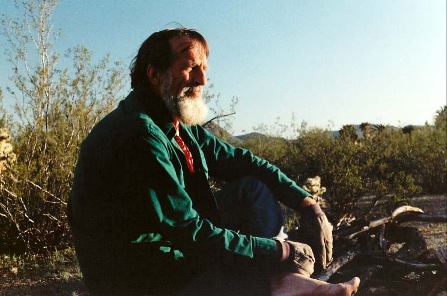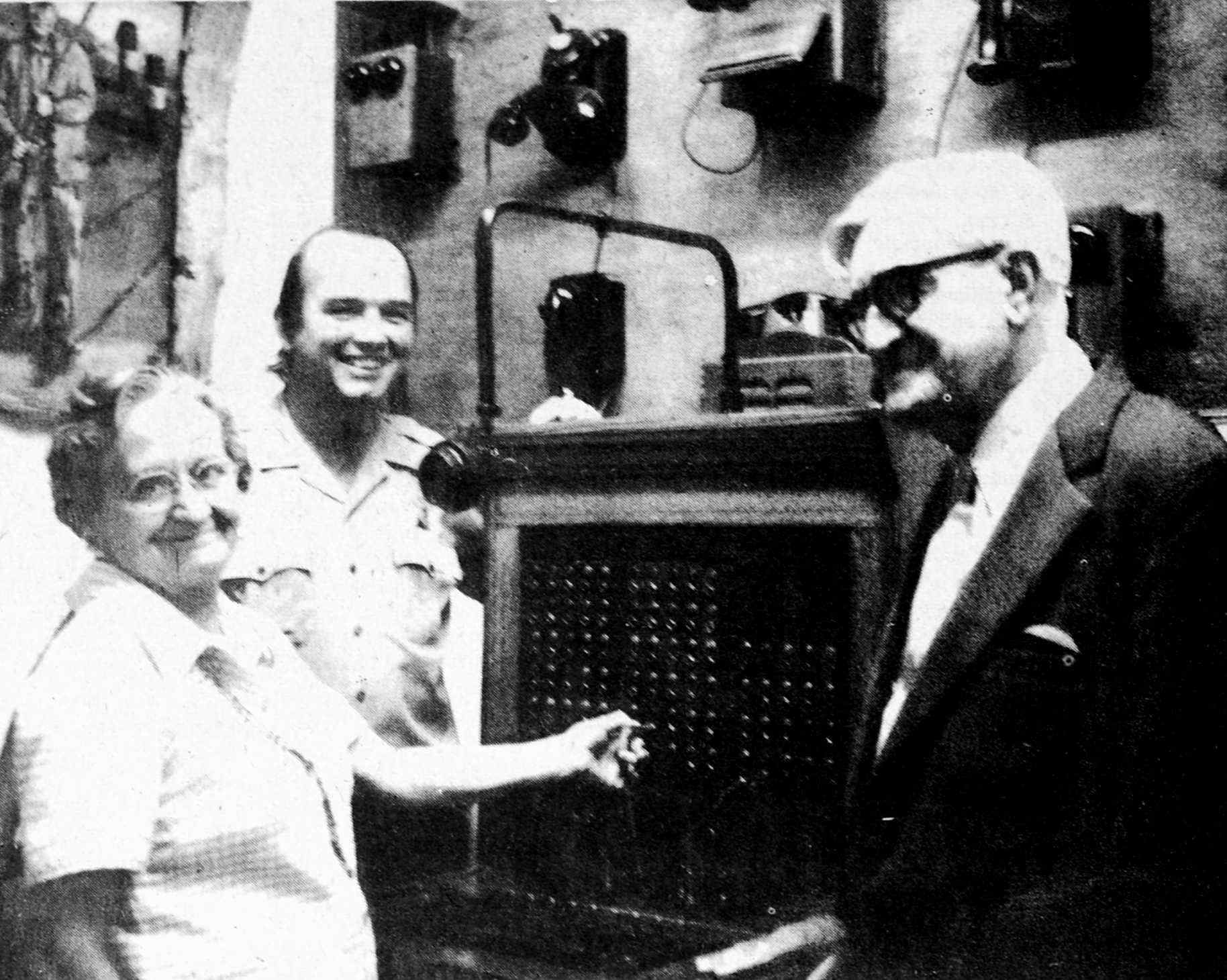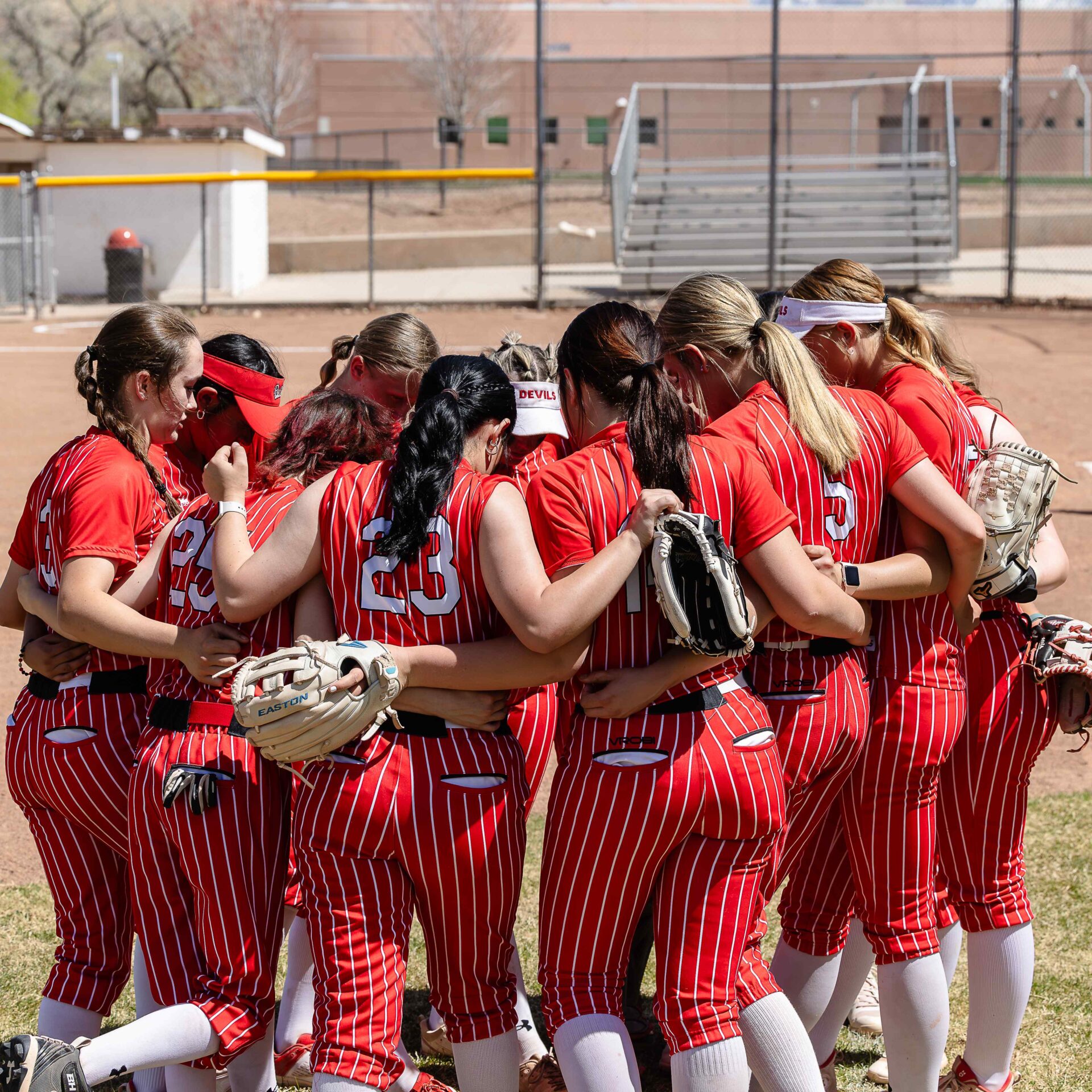“Sentiment without action is the ruin of the soul,” said Edward Abbey, the subject of a new documentary being screened at Star Hall on Saturday, March 15 at 7 p.m.
“Wrenched: The Legacy of the Monkey Wrench Gang” is being presented through the Utah Film Circuit–Moab, a program of the Utah Film Center in partnership with the Grand County Public Library.
Pack Creek resident M.L. Lincoln puts forward a raw and uninhibited view of the man many view to be the godfather of movements involved with saving the beauty of the outdoors in the American West. Abbey wrote his acclaimed “Desert Solitaire” while stationed as a park ranger at nearby Arches National Park.
The film screening’s organizer, Bob Lippman said that book, along with “The Monkey Wrench Gang,” and other Abbey titles, “radicalized a generation of passionate citizens who were fed up with government-corporate complicity, local politics and greedy development schemes, and environmental compromises which were destroying the spectacular wild-lands and river systems of southern Utah and the American Southwest.”
Lippman said that long before activists like Tim DeChristopher, who took a stand by fraudulently bidding on over 22,000 acres of Bureau of Land Management land up for oil and gas leases worth over $1.8 million with no intention of paying for them, Edward Abbey was preaching the values of taking action.
“Abbey’s writings and political philosophies directly spawned the rise of Earth First! and other direct-action movements who realized through great loss that mainstream environmental politics were ineffective in protecting the ecological integrity and environmental quality of the Southwest’s watersheds, airsheds, biodiversity, river systems, and wilderness, and desert silence,” Lippman said.
Abbey was employed as a seasonal ranger for the National Park Service at Arches National Monument (now a national park) during 1956 and 1957. He held the position from April to September each year, living in a house trailer provided to him by the Park Service. Abbey passed away in 1989 and the film’s release coincides with the 25th anniversary of his death.
Featuring candid interviews of Abbey’s close friends who inspired some of his most outlandish and memorable characters, “Wrenched” unravels Abbey’s sardonic humor and against-the-grain spirit with an in-depth look at the roots of the environmental conservation movement.
The film features archival footage of Edward Abbey, as well as interviews with Dave Foreman, co-founder of Earth First! and Paul Watson, co-founder of the Greenpeace Foundation. Living Rivers conservation director John Weisheit was also involved with the film behind the scenes.
“The film is very good, with great graphics and excellent story-telling,” Weisheit said. “It definitely focuses on Abbey and his legacy. It is very cogent and lays out his ideas very well. This film about the people and places Moabites hold dear should not be missed.”
Jim Stiles, publisher of the Canyon Country Zephyr, appears in Wrenched, and knew Abbey personally. Though he has not yet seen the film, he said he hopes that it will convey the importance of examining the exploitation of the Colorado Plateau by industry, as well its exploitation by consumers, including those in the tourism economy.
“There is a quote from author and environmental activist Wendell Berry that I think Abbey would embrace wholeheartedly,” Stiles said. “It’s this observation, ‘To the conservation movement, it is only production that causes environmental degradation; the consumption that supports the production is rarely acknowledged to be at fault.”
Stiles said that Abbey was a great admirer of Berry and that when Abbey died in 1989, Berry traveled all the way from his home in Kentucky to honor his friend.
“I hope the film addresses these concerns,” Stiles said.
Film celebrates the singular life and environmental spirit of Edward Abbey
“Sentiment without action is the ruin of the soul,”
When: Saturday, March 15 at 7 p.m., doors open at 6 p.m.
Where: Star Hall, 159 E. Center St.
Cost: Free




